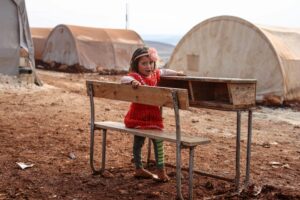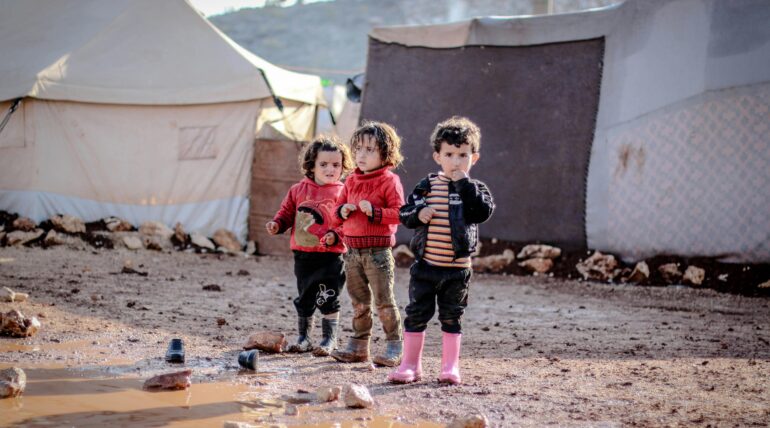Prolonged exposure to war and instability places many children under a state of ‘toxic stress’. Those in Syria, Haiti, Yemen, Gaza, Ukraine, and numerous other war-affected nations encounter similar experiences of loss and destruction, which can have lasting effects on both their physical and mental health.
Children have suffered from bombings and starvation. They have witnessed the deaths of family and friends, and the devastation of their schools and homes. They face deprivation of food, medicine, and essential aid, and are separated from their lives as they flee the conflict.
The psychological burden of enduring ongoing violence, with uncertainty about whether each day will be their last, is overwhelming. For them, mere survival is only the beginning. Traumatizing events related to conflict can influence children’s emotional and psychological health in numerous ways, leading to long-term consequences if not addressed.
Here are five ways in which conflict affects children’s mental well-being:
1. Anxiety, Loneliness, and Insecurity

Numerous children in conflict zones have been uprooted from their homes due to shelling, forced to leave their neighborhoods, and separated from their friends and family. This loss and upheaval can cause high levels of depression and anxiety among children affected by war. The significance of family and the nurturing support it provides underscores that being apart from parents can be one of the most profound hardships of war, especially for younger children.
Save the Children staff work tirelessly to help children heal from their experiences, which is crucial for their ability to lead meaningful and fulfilling lives. Unfortunately, mental health still carries a stigma in many regions, preventing children from obtaining the critical support they need. It is vital to raise awareness about mental health and to provide coping strategies.
You can assist us in this endeavor by sharing this blog with your network or donating to our Children’s Emergency Fund, which supports children in crisis worldwide. In Yemen, ongoing attacks on schools and civilians have instilled a constant state of fear in children, leading to deep-seated negative emotions and concerns for their safety and that of their loved ones.
2. Emotional Withdrawal
Children exposed to various forms of violence may become desensitized and emotionally numb, heightening the risk of imitating the aggressive behaviors they observe and normalizing such violence. This can ultimately hinder their ability to form healthy relationships in the future.
3. Aggression
Children raised in environments of armed conflict may display aggressive behavior and withdrawal, affecting their interactions with peers and family. They might begin to fight, shout at friends, or bully other children.
4. Psychosomatic Symptoms
Children in Syria have shared how their intense stress leads to physical ailments, including headaches, chest pains, difficulty breathing, and, in some instances, temporary loss of limb movement. Many may struggle with speaking or develop stuttering, and some might even experience partial amnesia.
5. Turning to Self-Harm
Unfortunately, some children feel that their only escape from their current situations is through drugs, alcohol, self-harm, or even suicide.



